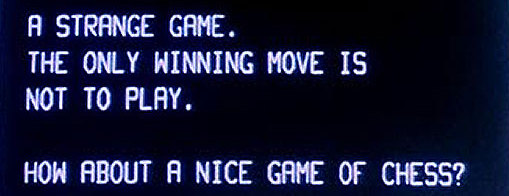It’s no secret that I’m a big fan of Manton Reece’s vision and passion for the future of blogging and of the open web. I’ve backed his Indie Microblogging book on Kickstarter and am really looking forward to his Micro.blog service, which he has described as “a step forward” in the direction of a more de-centralized, open web.
It’s caused me to reflect on what attracts me to Twitter and what aspects of that could be replaced by Micro.blog if a significant portion of the Apple community began using it.
When I open Twitter, my favorite things to see are:
- Links to thoughtful blog posts, articles and podcasts
- General commentary on any of the above
- Dog pictures and photos from the people I follow
- Jokes, memes, banter
I’m old enough to remember when people left the commenting feature turned on for their personal blogs. Then, when everyone became fed up with the toxicity of comment sections and the ridiculous abundance of spam, bloggers started inviting readers to contact them on Twitter (which is, arguably, only slightly less toxic). Manton hopes to successfully combat harassment on his platform, and I have faith in his ability to do so.
I can easily see myself using Micro.blog to read the thoughts, ideas and commentary from my friends and people I admire. For pictures? Most of my favorite people are on Instagram. So where does that leave Twitter?
There are a few things that Twitter really excels at, such as:
- Live event commentary
- Breaking news (even just local stuff like school closures)
- Jokes, memes, banter
- Having a huge subset of celebrities, athletes, public figures, TV writers, etc. actively using the service
I find Twitter particularly useful for the first three items (I’m not big on celebrity culture), so I’d probably keep it around.
Microblogging isn’t new. One only need look to the thriving Tumblr community to see that short form blogging is a proven concept. On Tumblr, users don’t just create their own posts; they reblog the creations of others, often providing their own commentary in the tags section (seriously, Tumblr tags are usually stream-of-consciousness sentence fragments). By doing this, users curate a selection of content that speaks to who they are and what they like. This is, in a way, similar to the “link post” format that Daring Fireball uses as well as myself and many other bloggers.
Where am I going with this? I can see kids who have grown up posting anonymously on Tumblr and ephemerally on Snapchat moving on to something like Micro.blog when they’re ready to have a public presence on the web and take serious ownership of their writing.
I imagine Micro.blog as a vehicle for civilized, thoughtful discussion. Whether it turns out to be so is yet to be seen, but my hopes remain high that Manton will indeed rescue us from the centralized, ever-burning dumpster fires that hold captive our ideas. (Long live RSS!)
